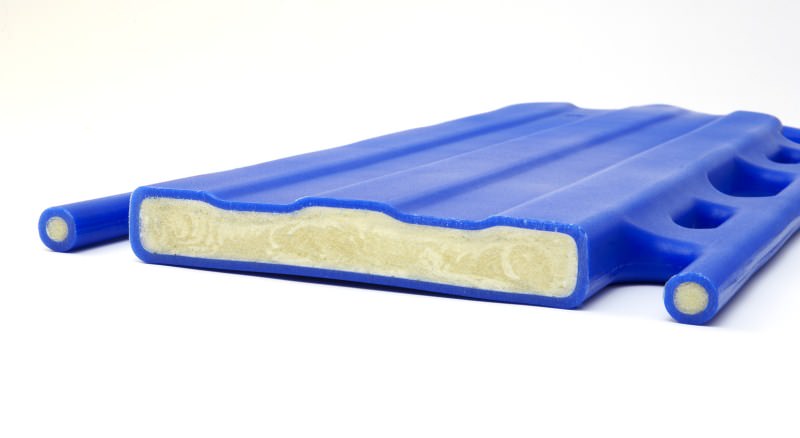How Rotomolding Shapes the Future of Plastic Manufacturing
How Rotomolding Shapes the Future of Plastic Manufacturing
Blog Article
Rotational molding, or Rotomolding, is a adaptable manufacturing process known for providing durable, light, and cost-effective plastic products. Their flexibility has caused it to be a go-to alternative across a wide range of industries, including automotive, healthcare, construction, and agriculture. Under, we examine the unique benefits that produce Rotational Molding an invaluable process in these sectors.
Exceptional Design Freedom
Rotomolding allows for unmatched design usefulness compared to other plastic manufacturing processes. By allowing the development of complex forms, smooth models, and uniform wall width, this process supports the creation of very customized objects. For industries such as for example automotive and healthcare, where accuracy and mobility are crucial, rotomolding assures that areas match correct specifications.
Automotive: Parts such as for example gasoline tanks, air ducts, or storage chambers may be developed with varying forms and measurements to generally meet particular car requirements.
Healthcare: Medical devices like sturdy bins and lightweight sterilization products take advantage of easily created designs.

Cost-Effective Manufacturing
The rotomolding method provides an economical answer for industries handling tight budgets. Because shapes found in rotomolding are relatively low-cost compared to different molding processes, companies can generate supreme quality products and services without incurring extortionate generation expenses. Additionally, minimal product spend more plays a part in cost savings.
Agriculture: Water tanks and storage bins are made effortlessly and at range without forcing resources.
Construction: Goods such as security barricades and modular storage units are created at reduced charges while maintaining energy and durability.
Toughness and Longevity
One of the standout advantages of rotomolding could be the power and durability of the ensuing products. Rotomolded things are highly resilient to impact, corrosion, and tough environmental situations, ensuring a longer company life.
Automotive and Transportation: The ability to tolerate temperature, chemicals, and physical stress makes rotomolded elements ideal for vehicles on the move.
Healthcare: Reliable equipment and containers that support repeated sterilization rounds are essential for secure medical practices.
Light and Easy-to-Handle Products and services
Rotomolded products are lightweight yet strong, making them simple to deal with and transport. That combination of strength and lightness is particularly useful for industries wherever mobility is really a important consideration.
Construction: Lightweight barriers and tanks are simpler to setup, improving functional efficiency.
Agriculture: Instruments and gear like feeding troughs are simpler to use and relocate, encouraging farm productivity.
Sustainable and Environmentally Friendly
Rotomolding's responsibility to sustainability interests industries seeking eco-friendly practices. With efficient substance use and the capability to incorporate recycled parts, the method reduces environmental impact. Moreover, it provides almost no spend, aiming with green production goals.

Healthcare: Making used medical components contributes to lowering single-use plastic waste.
Agriculture & Structure: Environmentally friendly production functions address problems about sustainable progress in these industries.
Conference Industry-Specific Needs
Rotational molding's versatility enables it to cater to the initial wants of each industry it serves. From creating very tailored products and services to ensuring durability across numerous purposes, industries keep on to show to rotomolding as a fruitful solution for his or her manufacturing needs. Report this page